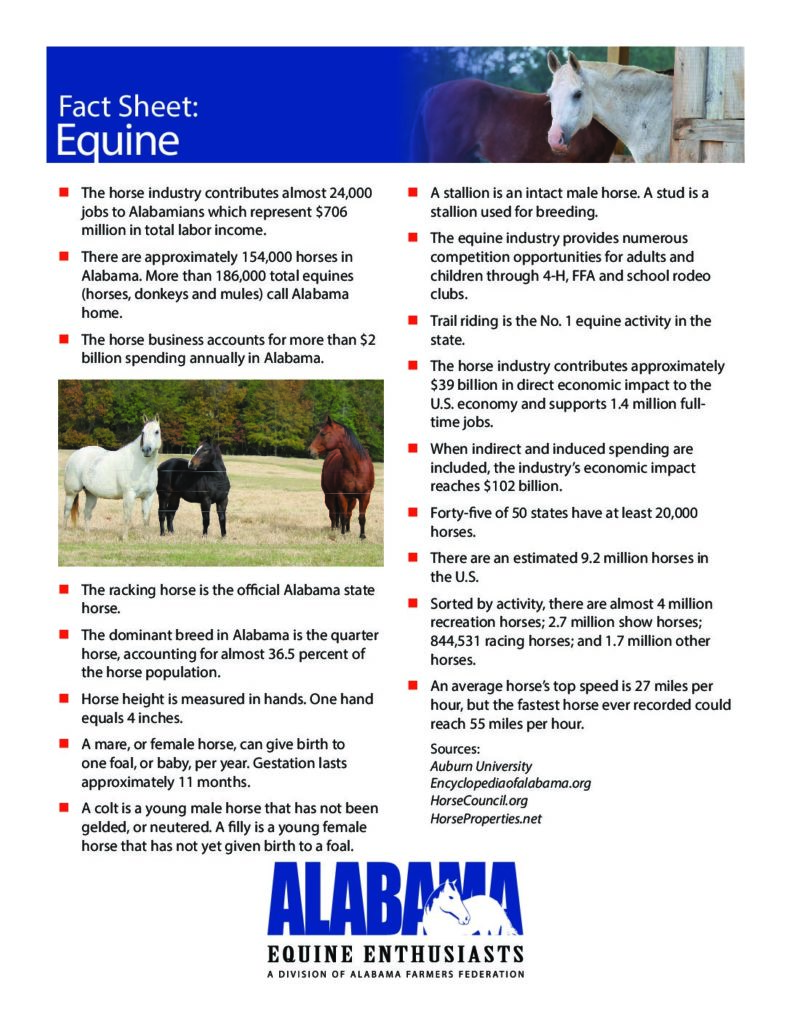Alabama Farmers Urged To Review Hazardous Materials Rules

The Alabama Department of Public Safety and other law enforcement agencies are placing new emphasis on the safe and legal transportation of hazardous materials, including those hauled by farmers.The hazardous materials laws have been on the books for years, but recent terrorist acts have accelerated the need for enforcement. Capt. Harry Kearley and Sgt. Ken Kelley of the Alabama Department of Public Safety’s Motor Carrier Safety Unit recently met with the Alfa Farmers staff.Kearley admitted the laws are confusing and that some regulations vary from state to state. “But we are prepared to assist farmers in any way we can to help them understand the laws,” Kearley said.Two of the most commonly transported materials affected by these regulations are certain quantities of diesel fuel and fertilizer.Many farmers are exempt from having a commercial drivers license (CDL) because they are considered a farm vehicle driver. However, they are still required to comply with Federal Motor Carrier Safety Regulations and hazardous materials regulations.A farm vehicle driver is defined as a person who drives a commercial vehicle that is controlled and operated by a farmer; used to transport either agricultural products, farm machinery, farm supplies or all of these things to or from a farm; not used in the operations of a common or contract carrier; and used within 150 miles of the person’s farm.This definition includes the farmer, his family members and his employees (farm hands). A commercial vehicle is defined as a single or combination vehicle with a GVWR of 10,001 pounds or more and used in commerce, or any size vehicle used to transport placardable quantities of hazardous materials. When transporting placardable quantities of hazardous material on any size vehicle a driver is required to have several documents within his reach in the cab of his truck.Those documents include shipping papers, a medical certificate, correct placards for the materials being hauled, a material safety data sheet (MSDS) or emergency response book, log book, and proof of an annual inspection of the vehicle. What hazardous materials regulations apply to agricultural transportation? More of them than one might think.For example, no one may haul more than 1,000 pounds of ammonium nitrate fertilizer without proper documents. A driver transporting liquid hazardous materials, such as diesel fuel, in a tank with a capacity of more than 119 gallons, must have the same required documents, regardless of how much fuel is actually in the tank. These restrictions also apply to farmers hauling certain pesticides, herbicides and other chemicals. A complete list of materials as well as other information is available at the Alabama Department of Public Safety’s website.Farmers may call the Alabama Department of Public Safety at their toll-free number 1-800-270-7268, but Kearley advises them to first purchase a copy of the Federal Motor Carrier Safety Regulations Handbook and the Federal Hazardous Materials Regulations which may be obtained at many large truck stops or through the Alabama Trucking Association at 1-877-277-TRUK.Some farmers have received citations for violations of the hazardous materials regulations, but Kearley said there is “a lot of roadside education going on” by state troopers who stop violators. Fines and penalties vary from county to county, he added. Additionally, farmers who have placardable quantities of hazardous materials also are required by the U.S. Department of Transportation to have a security plan.
